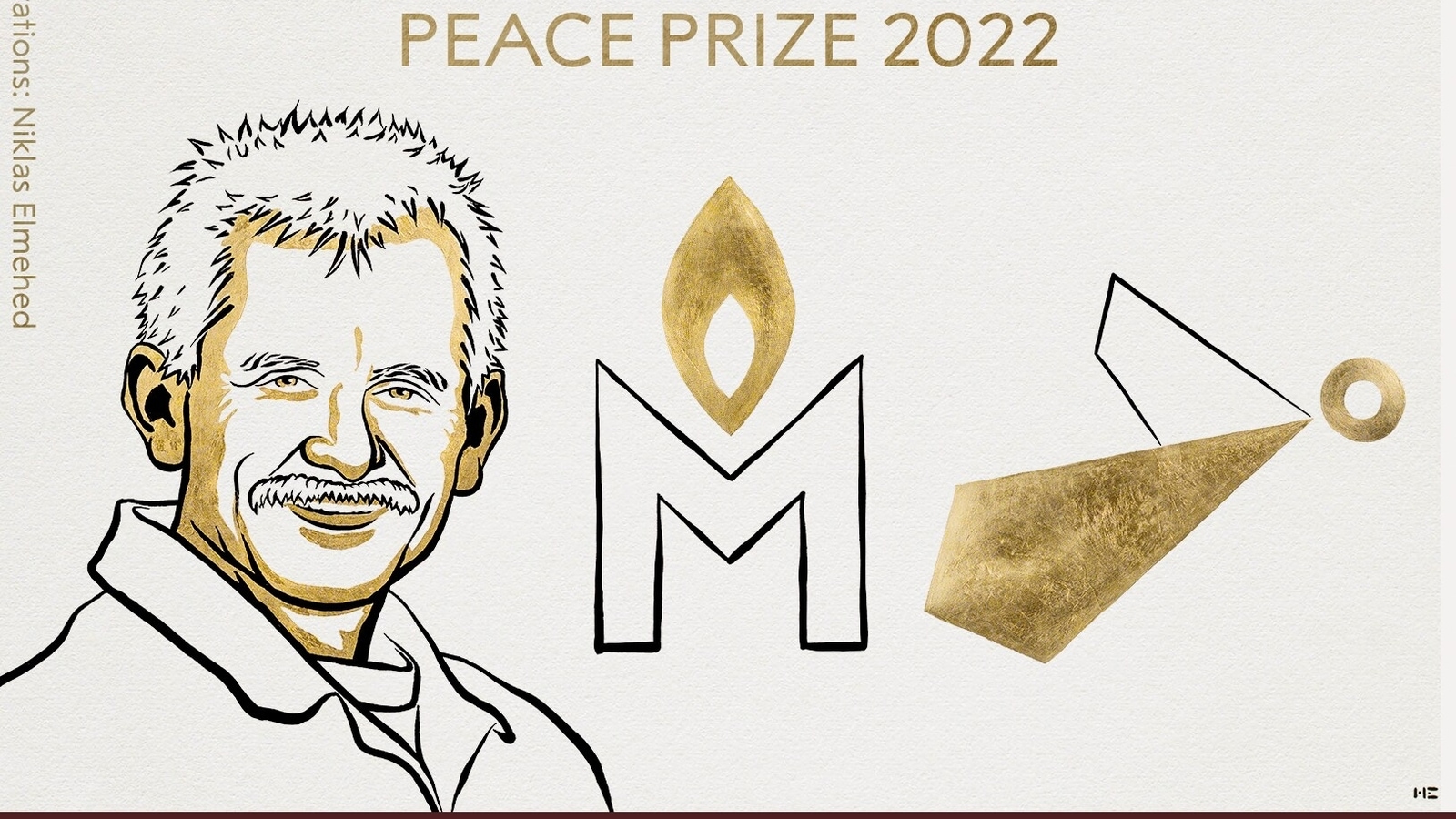Human Rights Day, celebrated annually on December 10, serves as a poignant reminder of the inalienable rights to which all individuals are entitled. This day, established to commemorate the adoption of the Universal Declaration of Human Rights in 1948, reverberates with the principles espoused by Bahá’í teachings. The Bahá’í Faith, rooted in the promotion of unity, justice, and equality, offers a unique perspective on human rights, emphasizing their intrinsic connection to the attainment of global peace. This article explores the intersection of Bahá’í principles and the Nobel Peace Prize, illuminating pathways to foster social transformation and ignite a global movement toward justice.
At the core of Bahá’í teachings is the belief in the oneness of humanity, which asserts that all people are created equal regardless of their race, gender, or socioeconomic status. This fundamental principle underscores the Bahá’í understanding of human rights as not merely a set of legal entitlements, but rather as a moral imperative that binds all individuals together. In advocating for a world that recognizes the dignity of every human being, Bahá’ís are engaging in a profound act that aligns with the aspirations of the Nobel Peace Prize.
Moreover, the Bahá’í Faith emphasizes the principle of justice—not only as a legal framework but as a virtuous quality that must infuse all aspects of societal life. This multifaceted concept compels individuals and institutions to strive for fairness and equity in all dealings. When examining the Nobel Peace Prize, one cannot overlook the multitude of laureates whose commitment to justice has fostered significant social change. Figures such as Malala Yousafzai and Martin Luther King Jr. exemplify how the pursuit of justice can manifest into transformative peace efforts.
The Bahá’í teachings further articulate the necessity of global consciousness in addressing the complexities of human rights. This consciousness recognizes the interconnectedness of all people and the shared responsibilities that arise therein. As such, Bahá’ís are urged to transcend parochial interests and recognize that the rights of individuals in one part of the world are deeply intertwined with the conditions of others. This perspective invites a shift in how we conceive of societal problems, pushing us toward a more holistic understanding of justice and connectivity.
Given the significant advanced knowledge and principles espoused by Bahá’ís, there is a compelling case to be made for their involvement in human rights discourses and movements. To effectively champion and advocate for human rights, Bahá’ís can employ specific strategies that resonate with the values upheld by the Nobel Peace Prize.
First and foremost, building grassroots movements centered on education and awareness is imperative. By mobilizing communities to understand the importance of human rights, Bahá’ís can foster an environment where dialogue and engagement flourish. This might involve organizing workshops that elucidate the tenets of the Universal Declaration of Human Rights and relate them to local issues. The power of education is paramount; it cultivates informed citizens who are equipped to demand change.
In alignment with promoting education, another key strategy resides in the promotion of gender equity. The Bahá’í teachings staunchly advocate for the equality of women and men. This not only serves as a moral tenet but also as a pragmatic approach to human rights advocacy. As seen in the work of Nobel laureate Wangari Maathai, empowering women leads to transformative societal impacts; thus, integrating gender equality into human rights frameworks serves to amplify voices that have historically been marginalized.
Furthermore, the art of dialogue and collaboration should not be underestimated. The Bahá’í community actively seeks to engage with diverse groups, recognizing that peace is often achieved through consensus-building and shared understanding. Engaging with various stakeholders from differing backgrounds highlights the importance of incorporating multitude perspectives when devising solutions to human rights issues. The Nobel Peace Prize has historically been awarded to those who foster dialogue and bridge divides, and thus, Bahá’ís should be equipped to emulate this model on both local and global scales.
Additionally, the incorporation of youth within human rights initiatives can serve as a catalyst for change. The Bahá’í teachings place immense value on the potential of youth as agents of change. Empowering the younger generation to partake in discussions around human rights ensures that fresh ideas and innovative solutions emerge, thereby invigorating movements with renewed vigor and perspective. The Nobel Peace Prize recognizes the impactful contributions of young leaders, paving the way for an actionable approach to incorporate youth into advocacy efforts.
Lastly, international cooperation must remain at the forefront of any discussions surrounding human rights. Bahá’í principles urge individuals and nations to work collaboratively beyond borders to address pressing global challenges. Given the communal spirit underpinning the Bahá’í Faith, it beckons individuals to transcend local concerns and unite under a shared vision of global progress. In doing so, a movement emerges—one that not only has the potential to influence policy but is also capable of laying down the foundations for world peace.
Ultimately, the pursuit of peace and the promotion of human rights are intertwined endeavors fostered through the application of Bahá’í teachings. A commitment to justice, the cultivation of a global conscience, and cooperative efforts can illuminate a path toward winning a Nobel Peace Prize in recognition of these tireless efforts. By imbibing the principles of Bahá’í teachings into our practices and advocating for the rights of all, we not only work toward societal improvement but invariably contribute to the greater aspiration of peace throughout the world. The challenge is great, but the promise of a better world where human rights are celebrated and protected is undeniably within reach.
